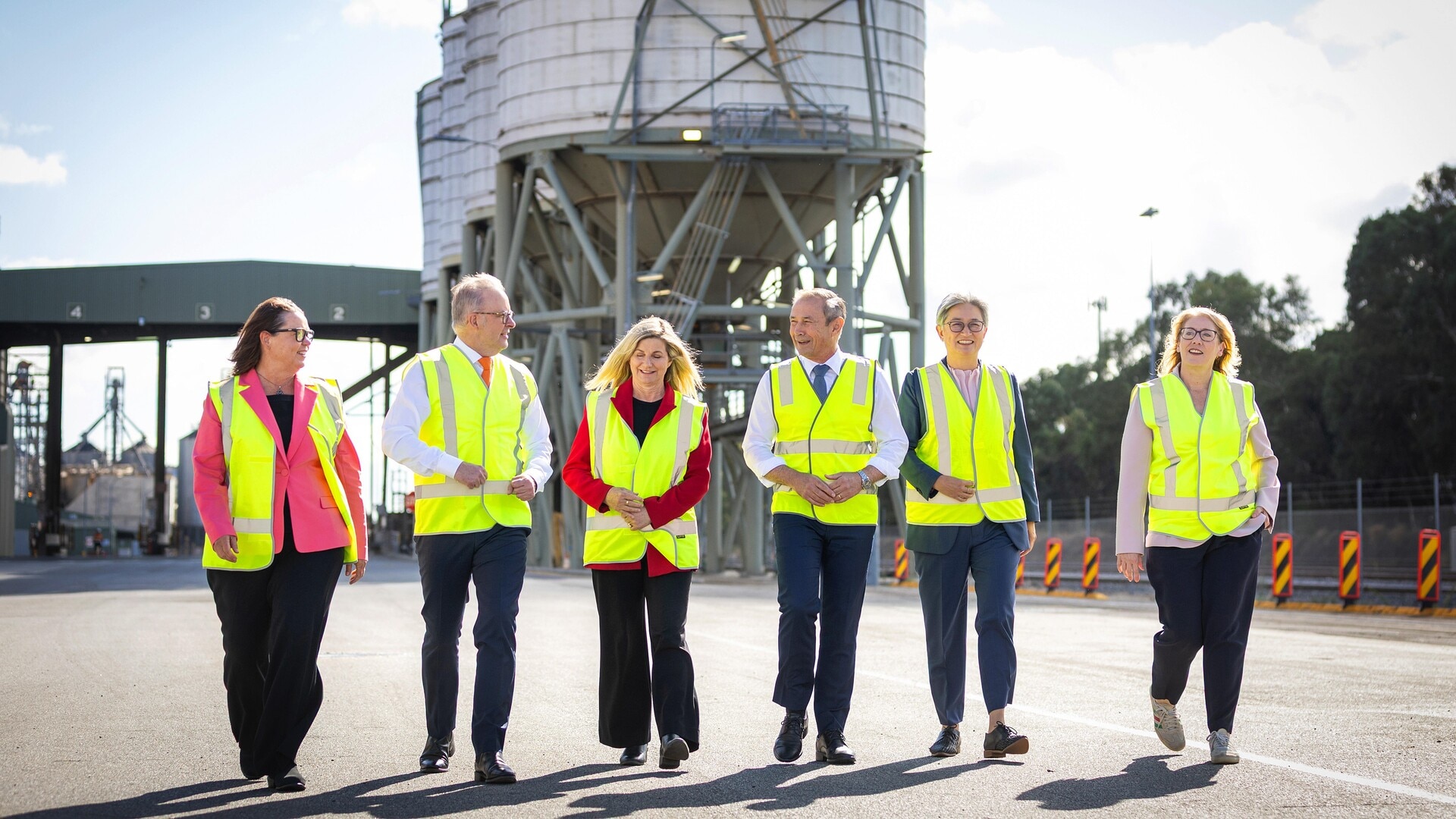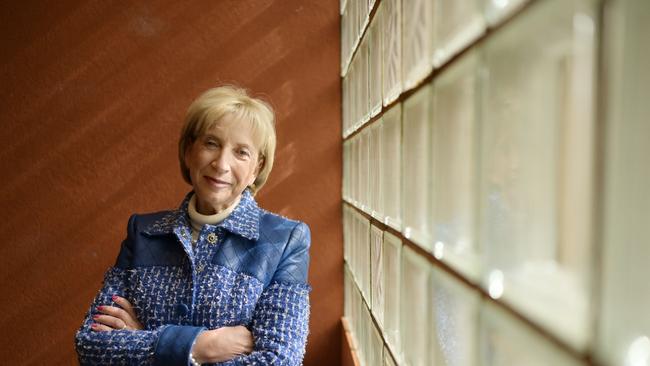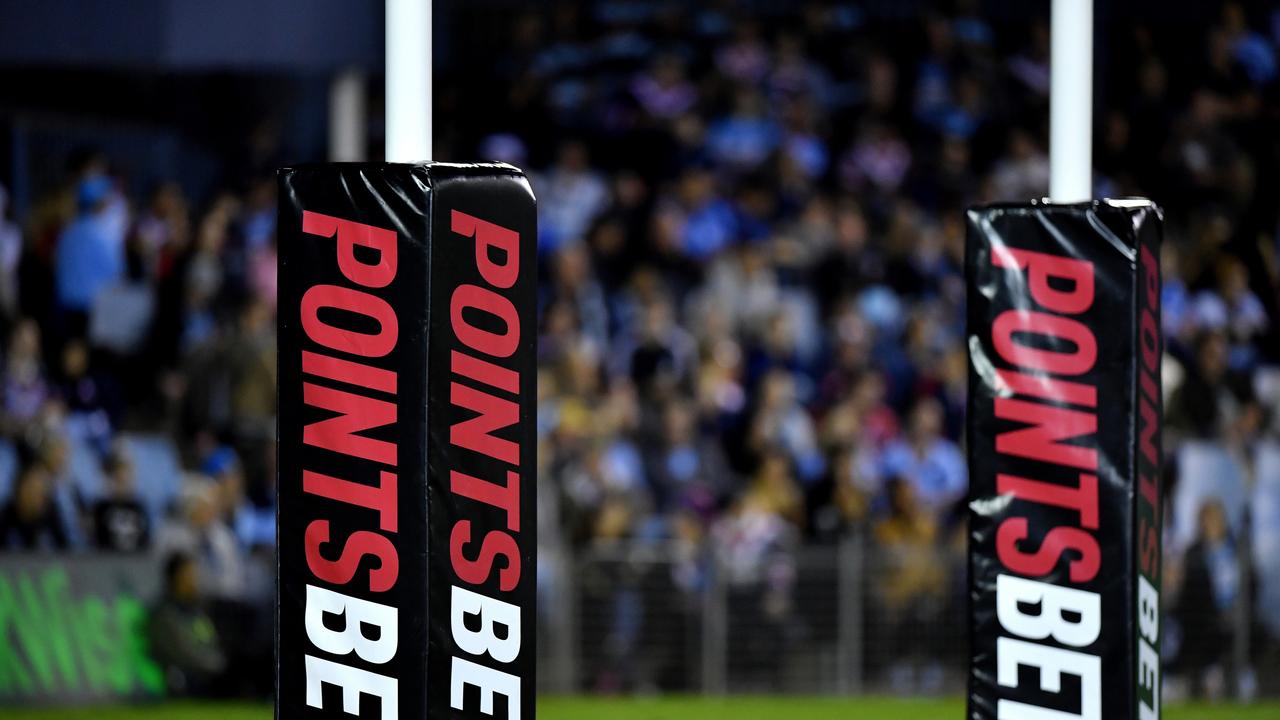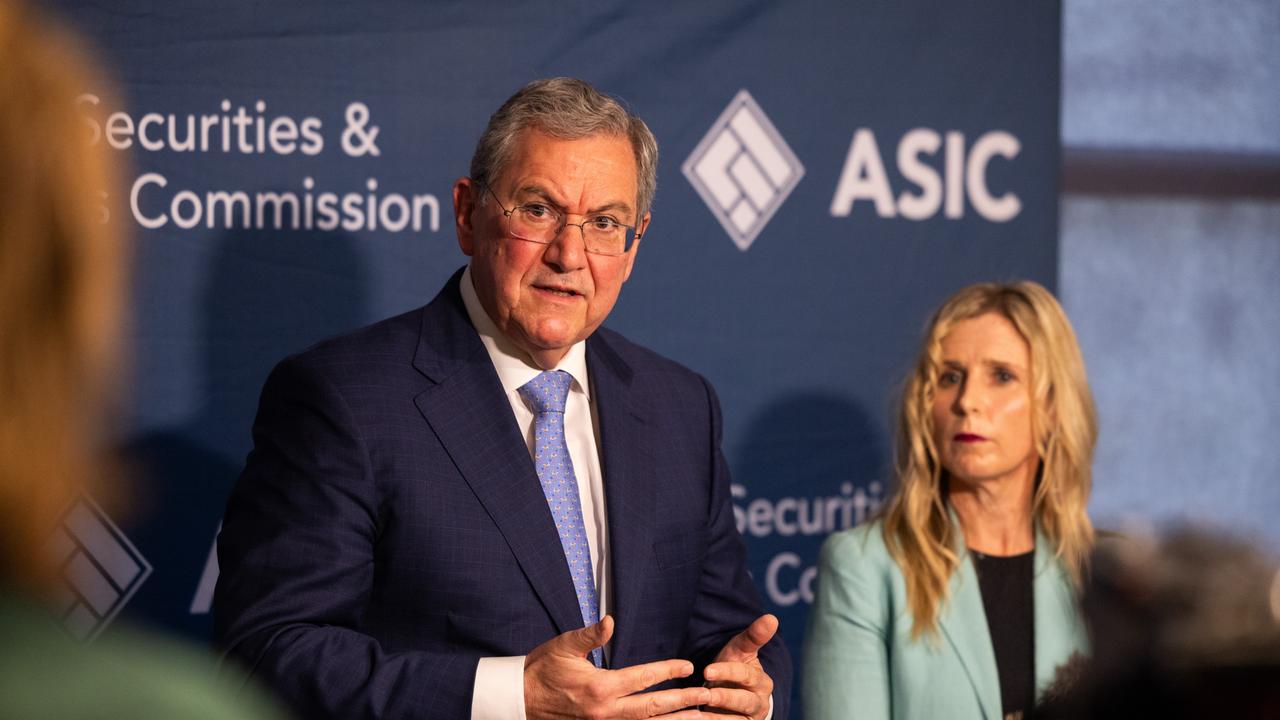Labor’s critical minerals policy will only succeed in creating new warehouses: Lynas CEO
Labor has earmarked $1.2bn for critical minerals mining, but the chief executive of Australia’s largest rare earths miner insists it will do nothing but kickstart the development of new warehouses.

Business
Don't miss out on the headlines from Business. Followed categories will be added to My News.
Labor’s proposed stockpiling of strategic reserves of critical minerals will not unlock new sources of supply to allow Australia to compete with Beijing and will instead fund new warehouses which will largely lie idle, the chief executive of Lynas said.
Anthony Albanese last week said a re-elected Labor government would allocate $1.2bn to contract critical minerals in the national interest.
Labor insists the increased demand will propel some prospective projects to reality.
Some of these supplies will be sold, while others will remain stored as part of a strategic reserve the Prime Minister said would shelter Australia from any Chinese economic coercion.
Amanda Lacaze, who runs Australia’s largest critical minerals miner Lynas, said she would not normally comment on the proposal five days ahead of a federal election, but she felt compelled due to the ill-advised nature of the policy.
Ms Lacaze said Lynas had not been consulted, and described it as significantly flawed.
“I have to say that I am at a loss to understand the policy,” she said. “It’s not going to suddenly make uneconomic projects economic. There is only $1.2bn in this fund. Even if you put half of that towards rare earths, well, that doesn’t even cover Lynas’s full year production.

“I cannot see how the government buying oxide is going to do anything except have the government needing to build a big warehouse.”
Ms Lacaze’s comments came as Lynas posted third-quarter revenue of $123m — up on $101m this time last year, but below market expectations for $156m.
Lynas said the average selling price over the period improved to the highest level since 2022.
However, the company reported rare earth oxide production was almost half the output achieved one year earlier. Output of neodymium and praseodymium also fell 12 per cent to 1509 tonnes.
Lynas said global trade and policy shifts had disrupted the rare earths market, with tariffs from both the US and China effectively halting bilateral material flows.
“Lynas expects market volatility to continue through the June 2025 quarter as a result of the new global tariff environment and China export controls,” the rare earths producer said.
Lynas said during the quarter projects to support the delivery of 2025 production had accelerated, increasing confidence of the company meeting its ambitions.
Shares rose 3 per cent to $8.56 on Monday.
Labor insists the policy underscores the increasing importance of minerals such as lithium, cobalt and manganese which are in hot demand amid a global transition away from fossil fuels and embracing the rise of artificial intelligence.
Resources Minister Madeleine King last week said Labor would consult with the industry about which critical minerals would be prioritised.
China dominates global trading, controlling about 70 per cent of output. A growing number of Western allies are alarmed China could leverage this dominance and cut off access.
It has already proposed export controls to avenge the White House’s “Liberation Day” assault. Restrictions apply to medium to heavy rare earths, including terbium and dysprosium, as well as permanent magnets that contain heavy rare earths ingredients.
In retaliation, the Gina Rinehart-backed MP Materials has halted shipments of rare earth concentrate to China in a twist in the trade war playing out between Beijing and Washington. New York-listed MP Materials said selling its rare earth concentrate to China under 125 per cent tariffs was “neither commercially rational nor aligned with America’s national interest”.
By increasing Australian production of critical minerals, Labor could also look to improve trading ties with the US.
President Donald Trump has imposed a 10 per cent tariff on Australia, the lowest threshold under his global scheme, though Australia is hoping to reduce this, indicating it could link critical minerals to any deal.
The policy also had domestic advantages for Labor and the criticism from the high-profile Ms Lacaze will be seized on by the Coalition, which will need to pick up support in the west if it is to win power when voters go to the polls on Saturday.
The promise of Labor support for mining is a fillip to the government’s hopes of keeping its position in WA, which was critical in Mr Albanese’s success in 2022.
More Coverage
Originally published as Labor’s critical minerals policy will only succeed in creating new warehouses: Lynas CEO





